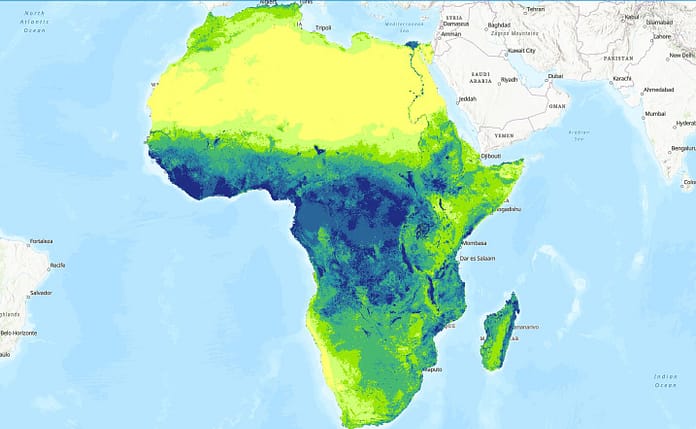Burkina Faso
Burkina Faso is a landlocked country, characterized by a semi-arid climate and limited water resources, with the Volta River being its primary water source. The country faces significant environmental challenges, including water scarcity, desertification, and soil erosion, which are exacerbated by climate change and population pressures. Efforts to improve water management, enhance agricultural resilience, and combat land degradation are crucial for sustaining livelihoods and protecting ecosystems in this vulnerable region.
IWMI in Burkina Faso
IWMI’s work in Burkina Faso focuses on enhancing agricultural sustainability and water security by integrating innovative, nature-positive solutions into local food systems. The organization supports small-scale farmers through agroecological approaches, improving soil fertility and water management practices to build resilience against climate change. These efforts are designed to promote equitable and sustainable agricultural systems that contribute positively to both livelihoods and the environment.
In addition, IWMI is strengthening water management capacity in Burkina Faso by developing advanced digital tools for water accounting and decision-making. These tools, including an open-access dashboard, aim to improve the availability and use of water data for better management at the basin level. By engaging local stakeholders and building institutional capacity, IWMI is fostering informed policy dialogue and enabling more efficient water use across sectors.
Contact
Latest Burkina Faso publications

Geocarto International, 2024
More... [DOI] | Fulltext (3.36 MB)

2022
More... | Fulltext (1.79 MB)








